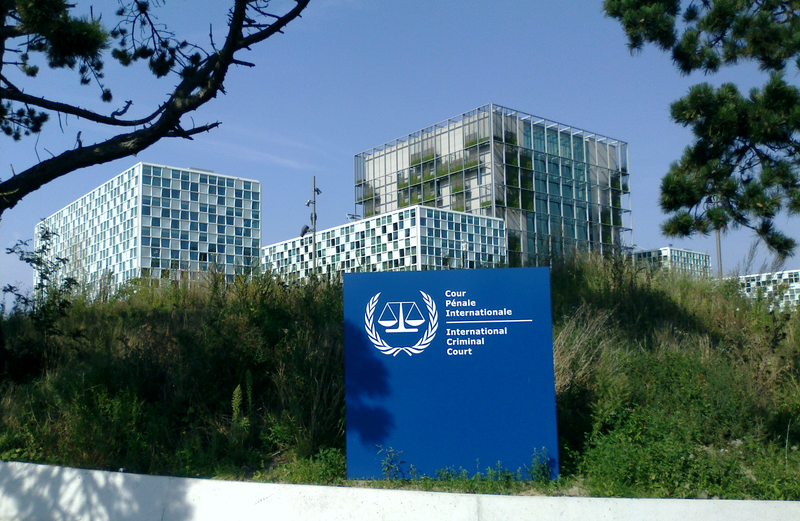By Maura Sokol
Picture: Globe License: Public Domain
2017
marked the end of the International Criminal Tribunal for the former Yugoslavia
(ICTY), which closed out its existence with high profile convictions. Although
international justice may have been achieved in these cases, a number of
international crimes were committed across the globe in 2017, many of which
will remain a threat in 2018.
International
Criminal Tribunal for the former Yugoslavia
In
November, the ICTY
Tribunal in the Hague brought its prosecutions to a close. The ICTY was
first created in May 1993, under Resolution 827 by the United Nations Security
Council to prosecute international crimes committed during the Yugoslav Wars.
This creation of an international, ad hoc tribunal has left an enduring legacy
on international criminal law. During its 25 years of existence, 161
individuals have been charged with crimes and 151 have faced trial, with 90
convictions that included major generals and political leaders. All unresolved
cases will now be handed over to another ad hoc criminal court, the Mechanism
for International Criminal Tribunals (MICT).
General Radko Mladic, the former
Bosnian Serb army chief known as the “Butcher of Bosnia” was one of the last
war criminals convicted in the ICTY. In November, the tribunal sentenced him to
life in prison for genocide, crimes against humanity, and war crimes. Mladic
was responsible for thousands of deaths, engaged in ethnic cleansing, and was
responsible for the 1995 genocide of Srebrenica and the three-year siege and
bombardment of Sarajevo.
During
the last hearing of the ICTY, the convicted Bosnian Croat war criminal Slobodan Praljak drew much of the
media’s attention by committing
suicide in the courtroom after ingesting potassium cyanide. The hearing had
been part of an appeal by six Bosnian Croat political and military leaders who
were convicted in 2013 of persecuting, expelling and murdering Bosnian Muslims.
Praljak ingested the cyanide after the tribunal announced he had lost his
appeal. Praljak had been sentenced to 20 years in prison.
Genocide in
Myanmar
The
government in Myanmar, once known as Burma, committed horrific violence against
the Rohingya, Myanmar’s minority Muslim population, in what the United Nations
high commissioner for human rights called
a “textbook example of ethnic cleansing.” Beginning on August 25th,
more than 626,000
Rohingya have fled Myanmar and an estimated 9,000 were killed by late
September. Hundreds of villages have been destroyed or burned to the ground,
and the Associated
Press has reported a campaign of mass rape, robbery and torture. Despite
widespread condemnation, there has been little action from the international
community.
Syrian War
Crimes
Efforts
to investigate and bring to justice the many war crimes committed by Syrian
President Bashar al Assad’s regimes continued throughout 2017. In November,
Amnesty International published an extensive new report that
detailed the regime’s massive campaign of sieges, unlawful killings, and forced
displacement through use of “surrender or starve” tactics. The Islamic State
has unlawfully killed civilians and used them as human shields, and the US-led
coalition has also carried out attacks that led to the death of civilians, in
violation of international
humanitarian law. By the end of 2017, more than 400,000 people have died
and more than 11 million people have been displaced.
Courts
in Spain, Germany and Sweden have all attempted to bring individuals to justice
for war crimes committed, and in October the first individual was convicted in
the conflict and sentenced to eight months in prison in Sweden.
2017 also saw the beginning of the International,
Impartial and Independent Mechanism (IIIM) to Assist in the Investigation and Prosecution of Those
Responsible for the Most Serious Crimes in Syria, which was established by UN
General Assembly at the end of 2016.






